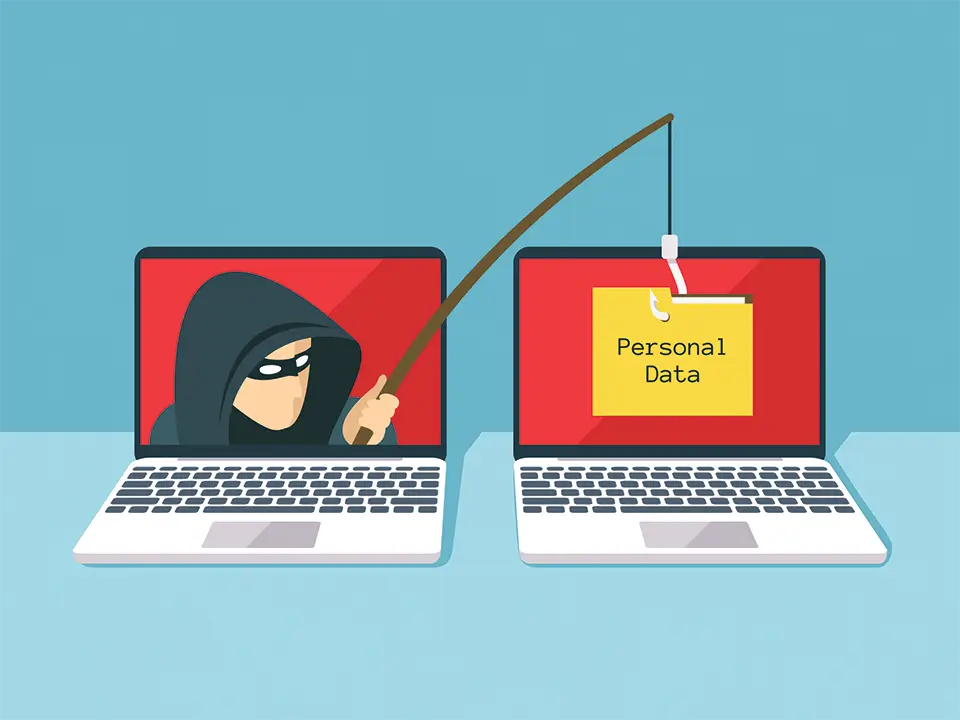
When people think of cybersecurity, they often picture complex software, firewalls, and high-tech solutions. But here’s a critical piece of the puzzle that often gets overlooked: your team. Nearly 80% of breaches involve "social engineering", where employees are tricked into granting access to external actors. Even with the most advanced technology in place, your business is only as secure as the people operating it.
Cybercriminals know this all too well. They often target employees because it’s easier to manipulate people than break through sophisticated systems. And the stakes? Data breaches, financial losses, and a long road to recovery.
So, what threats are your employees facing, and how can training make a difference? Let’s dig in.
Common Cyber Threats Targeting Employees
Attackers have countless tricks up their sleeves, but these are some of the most common tactics aimed at employees:
- Social Engineering
Cybercriminals thrive on exploiting trust. Social engineering tactics manipulate employees into sharing sensitive information or granting access by pretending to be someone trustworthy or creating a sense of urgency. It’s not about hacking systems—it’s about hacking people. - Phishing
A classic social engineering strategy, phishing uses deceptive emails or messages to trick employees into clicking harmful links or sharing confidential details. These messages often look legitimate, making them all the more dangerous. - Malware
Malicious software, or malware, sneaks into systems through accidental downloads or unsafe websites. Once inside, it can steal data, corrupt files, or disrupt operations, leaving businesses vulnerable. - Ransomware
This is one of the most financially devastating forms of malware. Ransomware locks files and demands payment for their release. Businesses are left with a difficult choice: pay up or risk losing critical data.
Why Cyber Awareness Training Matters
You wouldn’t hand someone the keys to a car without making sure they know how to drive. The same principle applies to cybersecurity. Training equips employees with the knowledge they need to identify and respond to threats, turning them into a proactive defense against attacks.
Here’s how regular training can benefit your business:

- Fewer Data Breaches
Employees who know how to spot phishing attempts or suspicious behavior are less likely to fall victim to scams, reducing the likelihood of breaches. - Stronger Compliance
Many industries require cybersecurity training to meet legal standards. Regular training ensures you stay compliant and avoid fines while building trust with clients and partners. - Enhanced Reputation
Clients want to know their data is in good hands. Investing in employee training demonstrates your commitment to security, strengthening your reputation. - Faster Threat Response
When employees recognize and report threats quickly, your response team can act faster, minimizing potential damage. - Lower Risk of Insider Threats
Educated employees are less likely to make costly mistakes or intentionally misuse their access, reducing both accidental and deliberate insider threats. - Cost Savings
Cyber incidents can cost businesses millions in legal fees, recovery efforts, and lost trust. Training is a cost-effective way to reduce those risks.
Building an Effective Training Program
Cyber awareness training isn’t a one-time event—it’s an ongoing process. The threat landscape changes constantly, so your team needs regular updates to stay ahead. The key is making the training engaging and relevant. Avoid generic presentations and focus on practical scenarios that employees encounter in their daily roles.
Investing in your team’s knowledge not only boosts their confidence but also strengthens your business. With evolving threats, this proactive approach is one of the best defenses you can have.
Need Help Getting Started?
Creating a strong cybersecurity program doesn’t have to be overwhelming. At Net Works, we specialize in cyber awareness training tailored to your business needs. Whether you’re just getting started or looking to enhance your current program, we’re here to help.
Reach out to us today and take the first step toward a safer, more secure business.


